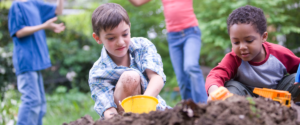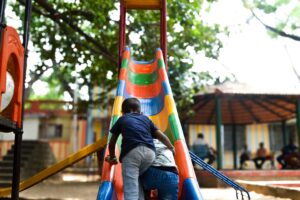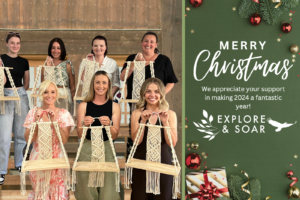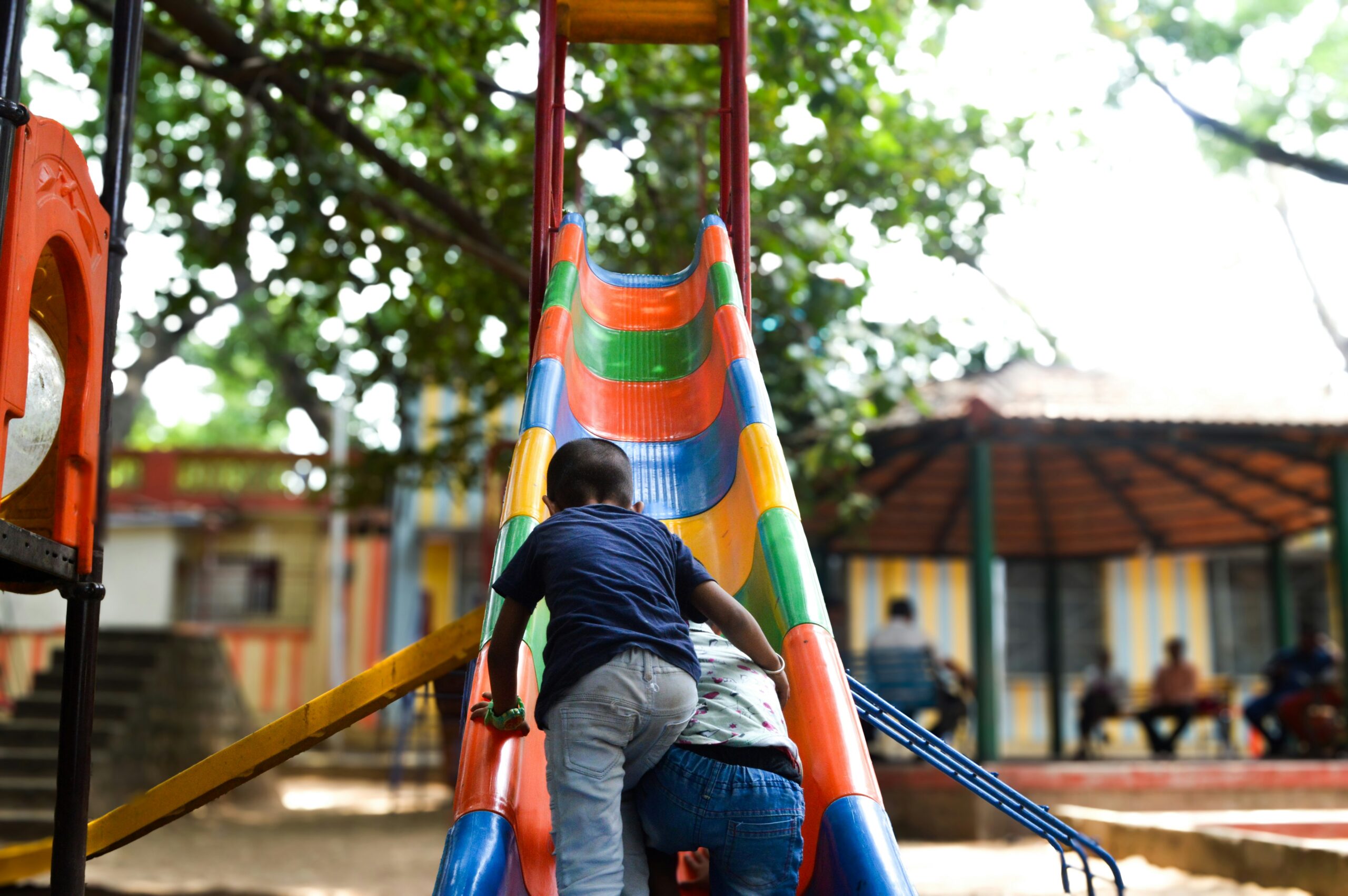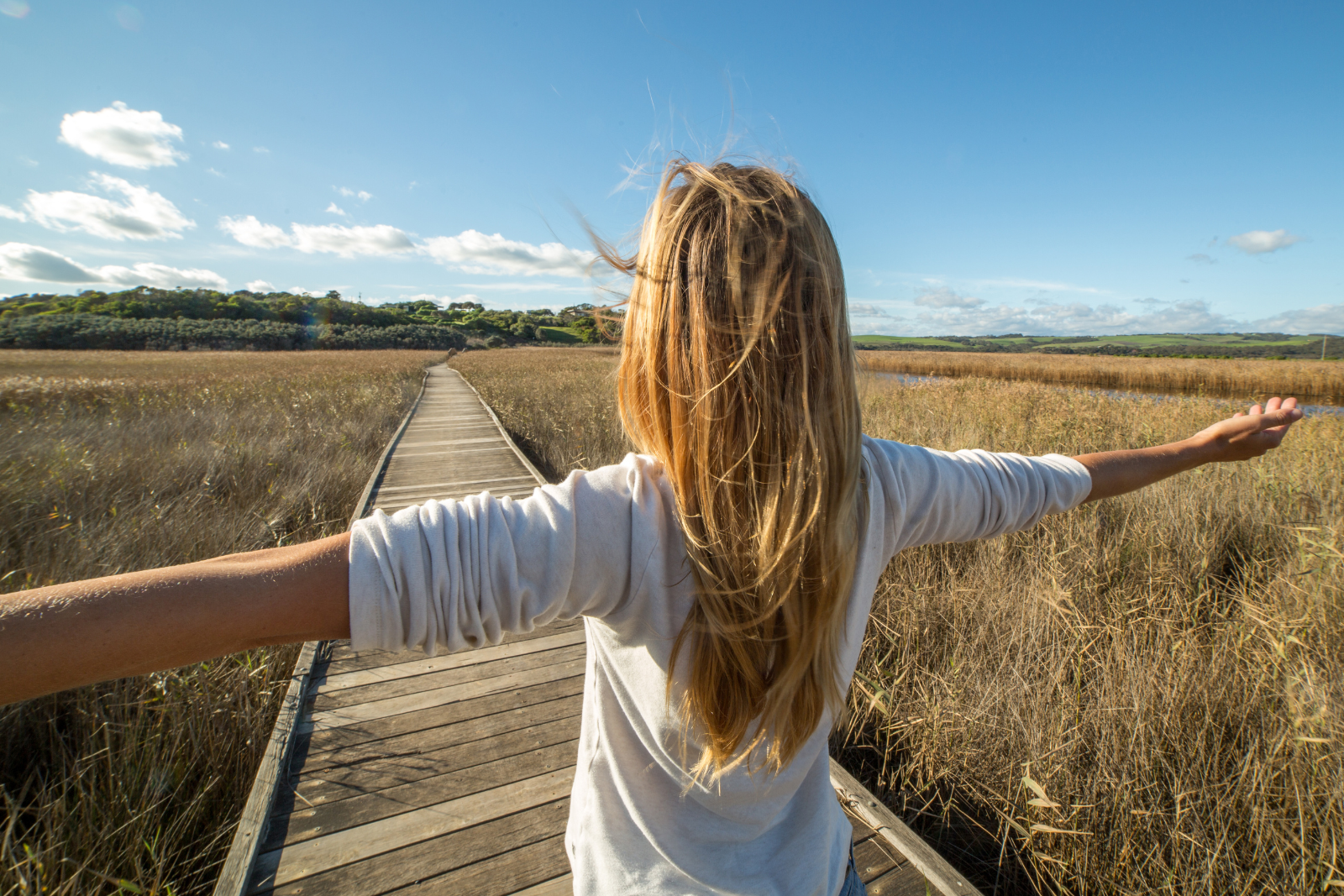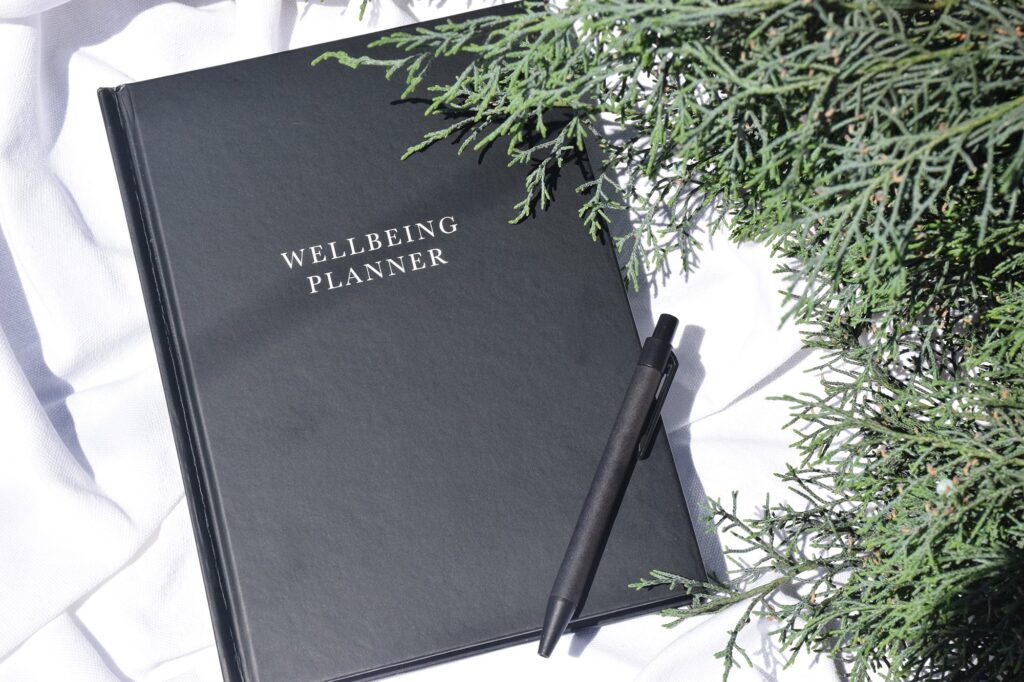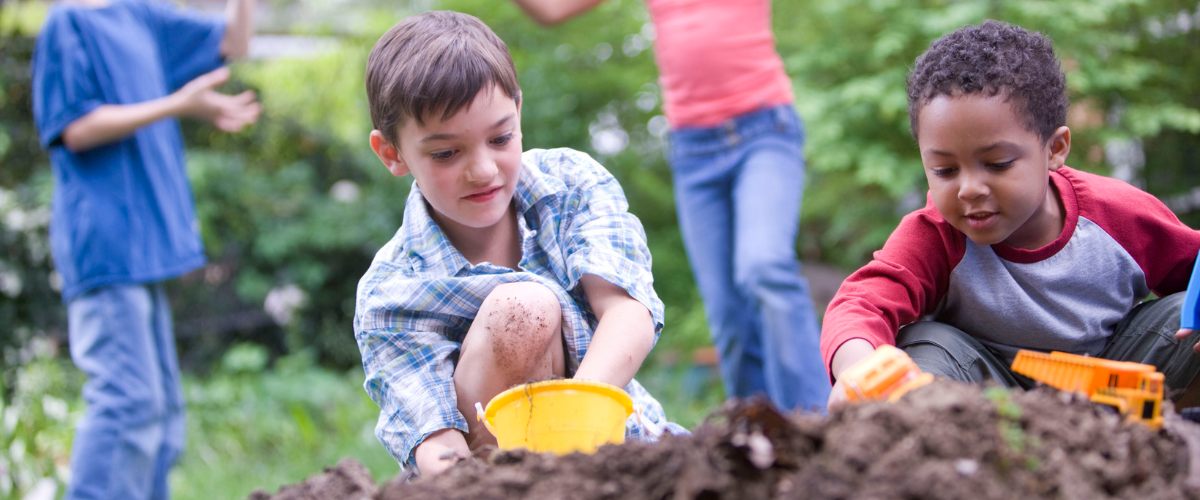
HOW TO HELP CHILDREN INTERACT IN THEIR COMMUNITY
Working with kids to help them build social skills is such a rewarding part of my job as an Occupational Therapist. Social skills are about more than just communicating. It’s about building meaningful connections that help children feel a sense of belonging within a community and contribute to their overall sense of wellbeing. This is why I think this topic fits in so well with our yearly theme at Explore and Soar of ‘Community for Wellbeing’.
Kids are struggling more than ever with social skills – possibly because they live in a world with more screens and less face-to-face interactions. Not to mention that they have also lived through a pandemic and have had to navigate social isolation during their formative years for building social skills! So, this month’s blog post dives into what social skills are, why they matter, and how you can support your child in building them.
What are social skills?
Social skills include a wide range of behaviours and abilities that help children interact effectively with others. This can include fundamental skills like making eye contact, initiating play with another child, sharing and taking turns, or demonstrating joint attention in an activity. As children get older, they start to learn more advanced skills like negotiating rules in games, building long term friendships, empathising with others, and communicating their emotion.
Why are they important?
I think we can all recognise the importance of social skills in making friends. Friendships create the perfect place to learn about relationships and to feel a sense of belonging. Friendships are crucial for a child’s social and emotional development. Playing together allows children to observe, learn from and challenge each other. Social skills are the ‘entrance ticket’ to playing a game of soccer, or making friendship bracelets, or colouring a picture. In this way, social skills can also impact gross and fine motor development. Social skills can also help children academically, especially when you think of all the group projects kids have to do. In essence, childhood development does not happen in isolation. Social development is not only important for the sake of social development but for development in all areas of a child’s life.
How do you respond to your child’s struggles with social skills?
If you are a parent reading this blog because you want to help your child develop better social skills, I want to encourage you to pause for a moment and reflect on how you feel when you see your child struggle in social situations. For example, when you see them playing by themselves at a party or when they come to you and tell you they have no-one to sit with during school recess or lunch?
I think that simply taking the time to pause and reflect so that you can notice and name what emotions are coming up for you, can significantly shift the way that you show up for your child. Sometimes, it might be that watching your child play alone at a party brings up difficult memories for you of being lonely as a child – but maybe your child is perfectly happy playing by themselves. Or perhaps your deep care for your child makes you jump straight into problem solving mode (“I’ll make a list of all the kids you could sit with at recess or lunch and then maybe I’ll call their mums too…”) rather than just empathising and being there for your child (“That sucks. I remember when I had no-one to sit with too. Can you tell me more?”).
I believe that when children struggle with anything, not just social skills, the most powerful factor influencing how they deal with and grow in their struggle is how their parent shows up for them. Remember, there is no one-size-fits-all when it comes to social development. Some children thrive in social settings, while others need more time and encouragement to feel comfortable. Being patient, offering reassurance, and celebrating small victories will go a long way in helping your child feel more confident and capable in social situations.
Practical ways to help your child develop social skills
Implement a few practical ideas below to help your child develop social skills:
- For Babies and Toddlers: The foundation of social skills starts early with simple, reciprocal interactions. Playing games like peek-a-boo, singing, narrating your day out loud and asking what they think or even making noises back and forth with your baby helps them learn turn-taking and develop joint attention. By consistently engaging in these types of interactions, your child begins to understand the back-and-forth nature of social communication.
- For Pre-schoolers: As children grow, they can start to practice more complex social skills. Using pretend play to act out social situations is great at this age. For example, when playing dinosaurs pretend that your dinosaur doesn’t want to share his teddy with your child’s dinosaur. Then let the dinosaur act out how to share. The key element in this scenario is not to go straight into dinosaur sharing perfectly. Model the struggle of different emotions and what may happen if they don’t want to share and then how to learn the skill for success. There are a range of different social scenarios you can act out, such as how to ask to play with a new person at a park or preschool, play dress ups, use of puppets or play different games like ‘Simon says’, musical chairs or ‘hide and seek’. Don’t forget to Practice, Practice, Practice! Here’s some more information on pretend play.
- For Older Children: Opportunities to play in pairs, or small groups and negotiate group dynamics is really important as children get older. Team sports, social clubs or even group activities at the local library are all great ideas. Try to find something that works with your child’s interests. Just remember starting out small and building your child’s confidence up to move into larger group activities is a great way to help the success. Role playing specific situations also works out well with our older children. For example, if asking to join a group is something they struggle with, help them practice with you or in front of a mirror. Even if they are missing social cues and need help noticing different things in their friends, role playing and being silly during this are great ice breakers for our children. Alternatively if your children are wanting to connect in the online world learn more in our previous blog here.
Every child grows at their own pace
“Popcorn is prepared in the same pot, in the same heat, in the same oil, and yet, the kernels do not pop at the same time. Don’t compare your child to other children. Their turn to pop is coming.” – Anonymous
Every child grows at their own pace, and that’s okay! That’s what makes us unique! Our theme at Explore and Soar, ‘Community for Wellbeing’, is not just about helping the children we work with build community, but also about being a part of your parenting community. If you are really concerned about your child’s social skills, reach out to us. We offer individual and group programmes that could support your child. You’re not alone in this journey.
With patience, support, and a willingness to nurture these essential skills, you are giving your child the foundation they need to thrive in the world around them. Keep showing up, keep supporting, and trust that you are making a meaningful difference in your child’s life — and in the lives of those they connect with along the way.
If you’d like to chat more, please don’t hesitate to contact us today! Call us on 0477 708 217 or email admin@exploreandsoar.com.au
Until next time,
Ciara
PUBLISHED APRIL 2025

